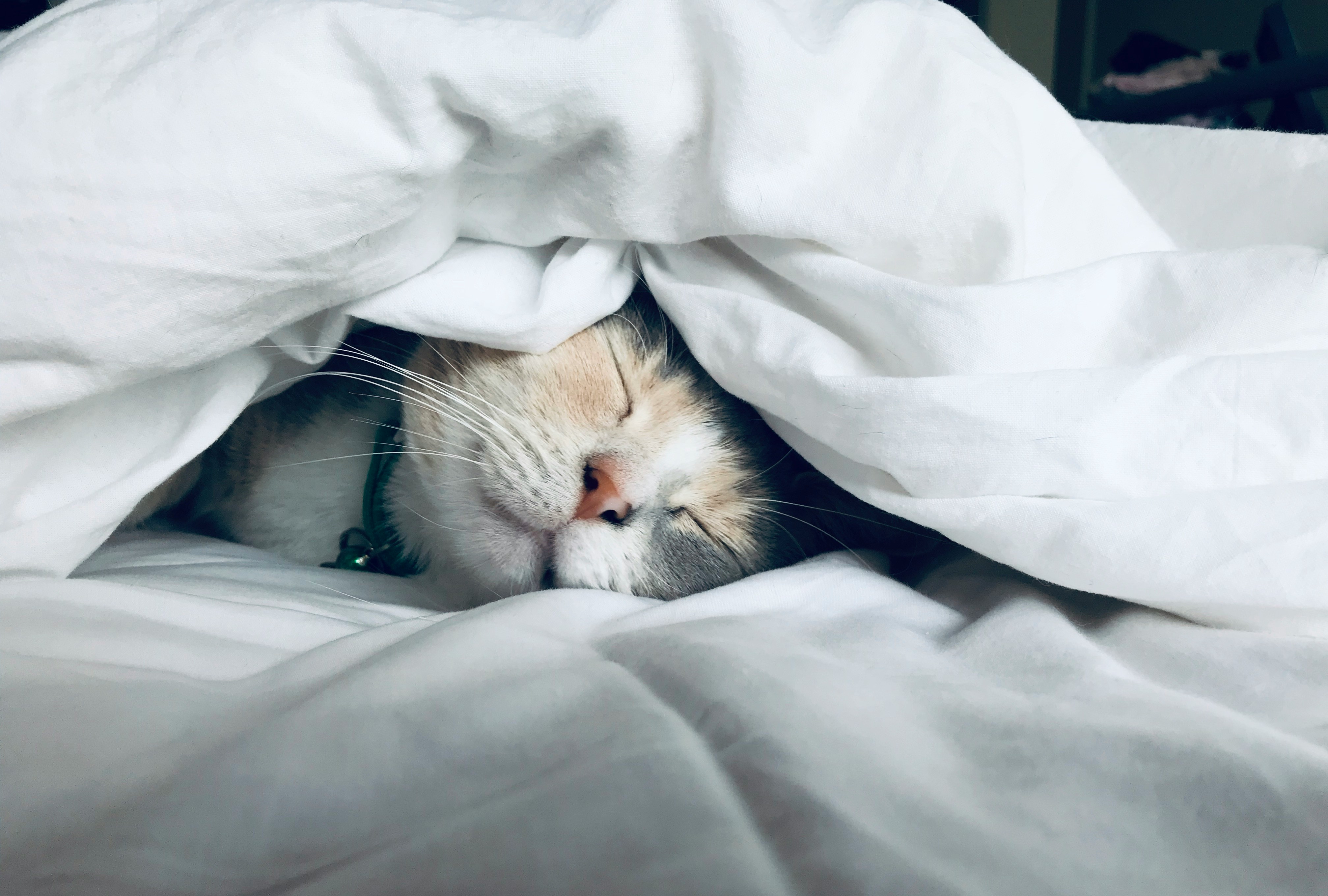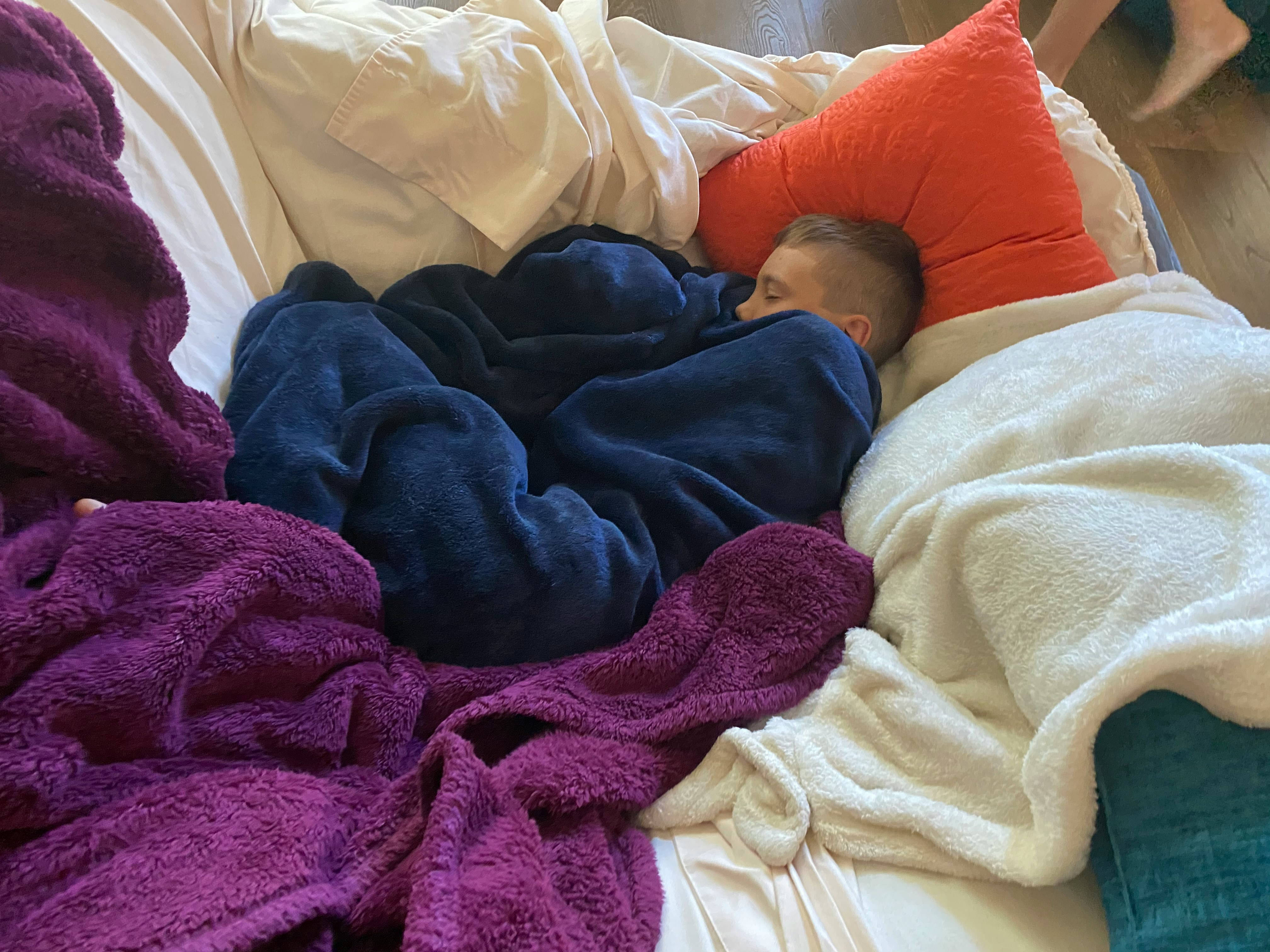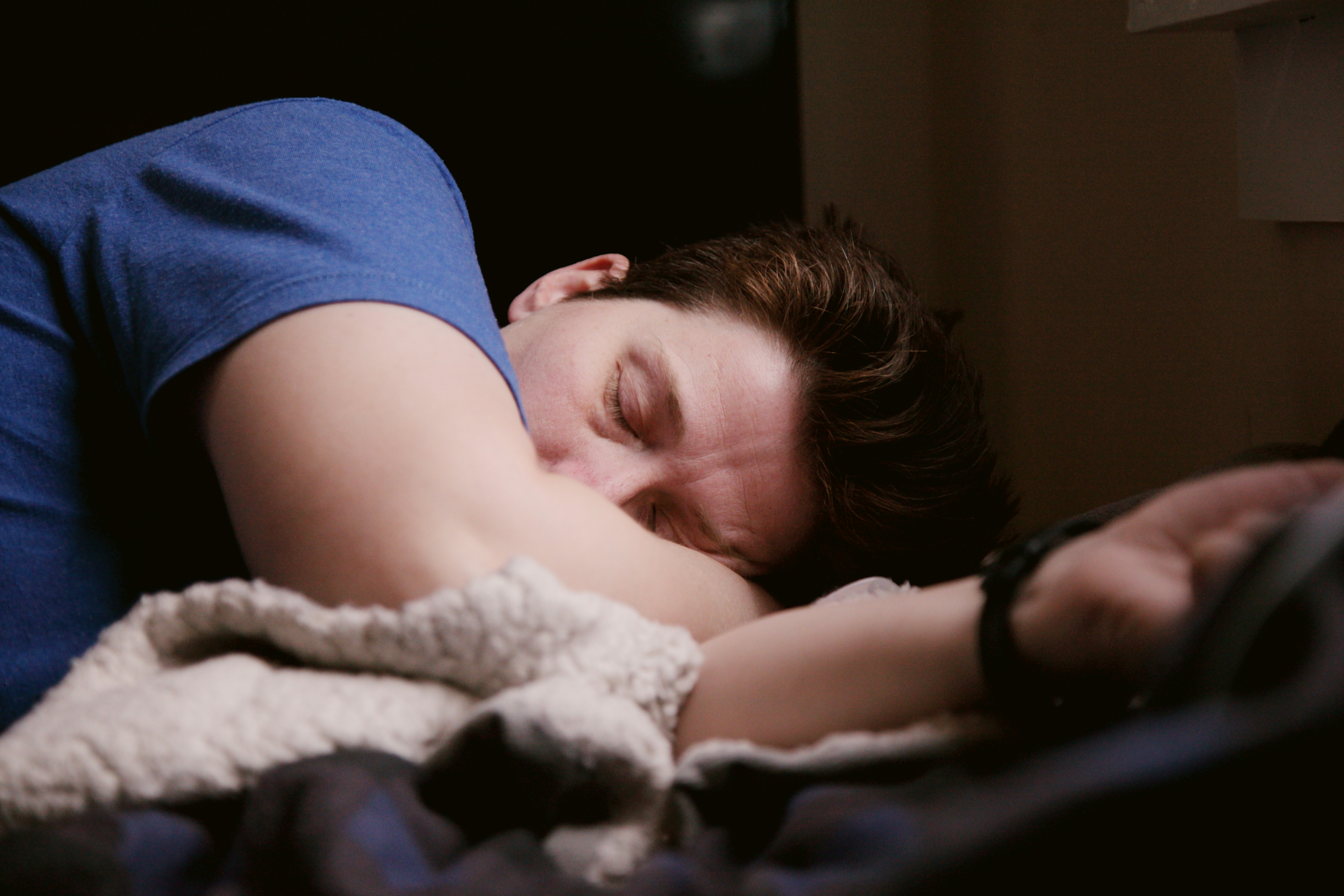Sleep and Productivity: The Secret Ingredient to Peak Performance

Introduction
In a world obsessed with hustle culture, long work hours, and back-to-back meetings, sleep often gets pushed to the bottom of our priority list. Ironically, neglecting sleep in the name of productivity might be the very thing sabotaging our performance. Scientific research consistently shows that sleep is not a luxury but a biological necessity for optimal functioning — physically, mentally, and professionally.
This article explores the deep connection between sleep and productivity, revealing how quality rest can sharpen your cognitive edge, improve decision-making, and supercharge your work performance.
1. What Happens to the Brain During Sleep?
To understand how sleep impacts productivity, we must first understand what happens during sleep.
Sleep is not a passive state. It is a dynamic, restorative process involving multiple stages:
- Stage 1 & 2 (Light Sleep): Your brain starts to slow down. Memory consolidation begins.
- Stage 3 (Deep Sleep): Physical repair occurs. Energy is restored.
- Stage 4 (REM Sleep): Dreaming happens. Emotional processing and problem-solving are enhanced.
Each of these stages plays a role in how we function the next day. Skipping out on full sleep cycles can leave us groggy, distracted, and cognitively impaired — a dangerous combination in both creative and high-stakes environments.
2. The Cognitive Benefits of Sleep
Sleep enhances nearly every cognitive function critical to productivity:
2.1 Attention and Focus
A well-rested brain can focus longer, ignore distractions more effectively, and process information more quickly. Sleep deprivation, on the other hand, leads to microsleeps — brief lapses in attention that can last a few seconds, often without you realizing.
“Sleep-deprived individuals perform as poorly on attention tasks as someone with a blood alcohol content of 0.08%.”
— Journal of Occupational and Environmental Medicine, 2003
2.2 Decision Making and Problem Solving
REM sleep strengthens the neural networks used for creative problem-solving and abstract thinking. That’s why many people report “sleeping on it” helps them solve tough problems.
A 2010 Harvard study found that participants who had REM sleep performed 30% better on complex puzzles than those who stayed awake or had non-REM naps.
2.3 Memory and Learning
Sleep helps consolidate short-term memories into long-term storage. Both declarative memory (facts and knowledge) and procedural memory (skills and tasks) are reinforced during sleep.
If you’re trying to learn something new — a language, coding, or a new system at work — getting adequate sleep is as important as the study session itself.
3. Sleep Deprivation: The Hidden Productivity Killer
3.1 Impaired Judgment
Sleep-deprived people consistently overestimate their productivity while underperforming. This illusion leads to poor time management, missed deadlines, and subpar work quality.
3.2 Increased Errors and Accidents
Fatigue is one of the leading causes of workplace accidents and errors. Industries like healthcare, transportation, and manufacturing see higher injury rates among sleep-deprived employees.
- The Chernobyl disaster , Challenger explosion , and Exxon Valdez oil spill were all partially attributed to human fatigue.
- One study showed that losing just 1 hour of sleep can increase workplace injuries by 5% .
3.3 Reduced Emotional Intelligence
Sleep impacts EQ (Emotional Intelligence) — your ability to manage your own emotions and understand others'. Tired individuals are more irritable, less empathetic, and prone to conflict — all of which harm teamwork and leadership.
4. The Myth of “I’ll Sleep When I’m Dead”
Many professionals wear sleep deprivation like a badge of honor. In startup culture, pulling all-nighters and working 80-hour weeks are glamorized. But the science says otherwise.
4.1 Chronic Sleep Loss = Diminishing Returns
Working longer hours at the cost of sleep doesn't mean you're getting more done. In fact:
- After 17 hours of wakefulness, performance drops.
- After 20 hours , cognitive function is equal to someone who is legally drunk.
- Productivity plateaus or declines after 50–55 hours per week.
4.2 Burnout and Health Decline
Chronic sleep deprivation is a significant contributor to burnout , anxiety , depression , and cardiovascular disease — all of which negatively affect long-term productivity and well-being.
5. Napping: A Secret Weapon for Afternoon Slumps
Short naps (10–30 minutes) can provide a quick boost in alertness and energy, especially in the mid-afternoon when natural circadian dips occur.
Benefits of a Power Nap:
- Improved alertness
- Enhanced memory
- Reduced stress
- Better mood
Google, NASA, and Uber have all introduced nap pods or designated rest areas to support employee productivity and wellness.
6. Tips for Enhancing Sleep to Maximize Productivity
6.1 Maintain a Consistent Sleep Schedule
- Go to bed and wake up at the same time every day.
- Consistency reinforces your internal body clock, promoting more restful sleep.
6.2 Create a Sleep-Conducive Environment
- Keep your bedroom cool, dark, and quiet.
- Invest in a comfortable mattress and blackout curtains.
- Minimize noise using white noise machines if necessary.
6.3 Avoid Stimulants Late in the Day
- Cut off caffeine by early afternoon.
- Avoid alcohol before bed — it disrupts deep sleep.
6.4 Establish a Wind-Down Routine
- Power down electronics 1 hour before bed.
- Engage in calming activities like reading, stretching, or meditation.
6.5 Leverage Sleep Tracking Tools
Use wearable tech or apps (like Oura, Fitbit, or Sleep Cycle) to track sleep quality and identify habits that may be interfering with your rest.
Conclusion
Sleep is not the enemy of productivity — it’s the foundation of it. Far from being "lost time," sleep is when the brain prepares for success: consolidating memories, balancing hormones, and restoring cognitive function. Sacrificing sleep for more hours at the desk may offer short-term results but leads to long-term setbacks.
If you want to work smarter, not harder — start by sleeping better. Your brain, body, and career will thank you.
"Sleep is the best meditation." — Dalai Lama




